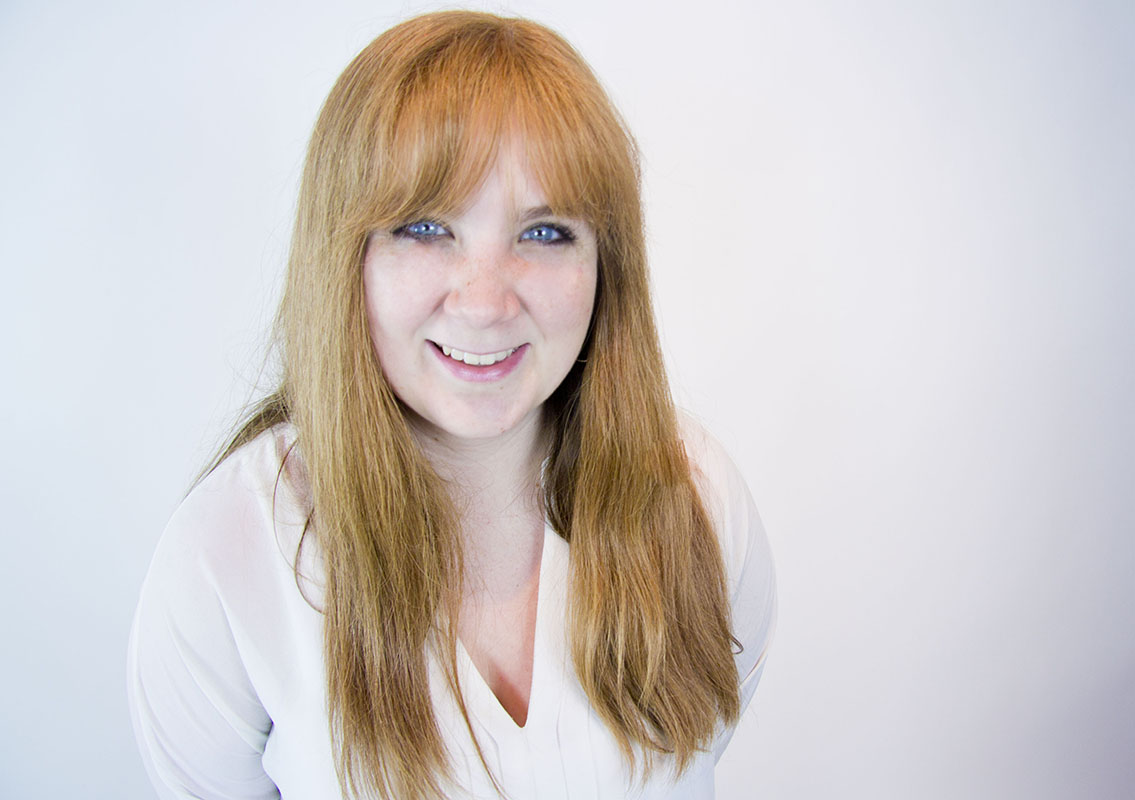 By Emily Topper | gargoyle@flagler.edu
By Emily Topper | gargoyle@flagler.edu
I was in first grade when I got my first bad mark on a report card. It wasn’t even a grade—just that I needed to improve on following the lines when I used scissors.
I distinctly remember the shame and guilt that I felt when I got that mark, even though my mother told me that no one is ever perfect in anything the first few times.
This was my first experience with anxiety.
I have Generalized Anxiety Disorder (GAD), bordering on Obsessive Compulsive Disorder, which affects 6.8 million adults in the United States according to the Anxiety and Depression Association of America. I’ve always had anxiety, but I believe that it has gotten worse throughout my high school and college years.
One of the most common misconceptions about anxiety is that people with the disorder are just stressed or tired. Often, my friends and peers tease me, joking that I always worry about everything even when I know it will turn out okay in the end. They don’t do it because they have ill will towards me, but because anxiety disorders are not always taken as seriously as they should be. They are commonly overlooked and considered to be “just a phase.”
I can’t help but wonder which is worse: Letting people think that I’m stressed and overreacting, or informing them that I suffer from anxiety. I’ve found that a lot of people don’t like learning the truth—it stresses them out.
Despite its negative connotations, anxiety is one of the most common mental illnesses in the United States. In total, 40 million adults are affected, with one-third of those suffering from anxiety receiving treatment. I don’t take medication for my anxiety.
I don’t believe in a cure-all for anxiety, a little blue pill that works for every person who has it. Anxiety can stem from a number of things: genetics, brain chemistry and life events.
During my sophomore year of college, my anxiety led to depression. In response, my doctor upped the dosage of my anti-anxiety medication to combat it.
Over the years, I have been on a variety of different medications for anxiety, but have found that none of them truly helped me. For a time, these medications aided me in feeling happy or less anxious, but eventually I stopped feeling like myself. When my anxiety or depression would return, my dosage would increase again. If I missed a day of taking the medication, I would feel drained and have severe withdrawal symptoms.
It was a cycle and, for me, it had to stop.
Let me be clear: this is not the case for everybody. There are millions of people who take medication to treat their anxiety. There are plenty of people who see results and lead a productive, happy life. But I had been on so many different medications for so long that I felt as though I had lost myself. I had lost track of who I was without the pills, and I needed to get that back. I needed to find myself again.
With the support of my parents and doctor, I slowly eased off of the medicine before stopping it completely right before my junior year of college began. It was a rough summer—I doubted myself, I gained weight, I had withdrawals and terrible mood swings—but I got through it. I was me again.
Now a senior in college, my anxiety has increased with the uncertainty of my future and the transitional stage that I’m currently at in life. Because of this, many people—friends, peers, people who I talk to only on occasion—ask me why I’m not on medication and if I want to start taking it again.
It is as though everyone sees me with a broken brain that needs to be fixed, and that little blue pills are the sole way for me to solve this problem.
But I’m a human being, not a machine that requires pills in order to operate properly. The important thing is not that I completely rid myself of anxiety. What’s most important is that I’m able to cope with it on my own, without letting it control my life. As long as I feel happy and in control of my emotions, as long as I’m leading a rewarding life, I see no reason to take medicine for my disorder. Although it works for many others, I’ve found that these pills create more harm than good.
Despite what people may tell you, your brain is not “broken” if you suffer from anxiety. Unless these people are doctors, the decision is not theirs to make.
The real cure for anxiety does not exist solely in pushing medication on people, but in creating a society that is more understanding and compassionate towards disorders and mental illnesses. It’s time to begin building a nation that doesn’t see those with disorders as “taboo”, but sees them for what they are—human.




Be the first to comment on "Little Blue Pills"